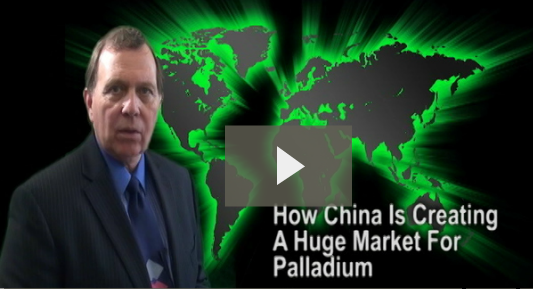The United States' Eisenhower Interstate Highway System was the biggest, most expensive public works project since the Pharaohs had the Pyramids built.
The Interstate System, started in 1956, became the envy of the entire world, except perhaps Germany, symbolizing a nation on the march to progress – a four-lane wonder stretching from sea to shining sea.
But now, in the early decades of the 21st century, that once-vaunted highway network is overwhelmed, underfunded, and flat out crumbling in parts.
Interstate 5 is the West Coast's main artery, spanning the distance from Canada to Mexico. Last week, a portion of Interstate 5 fell into the Skagit River north of Seattle.
The Skagit River Bridge was 58 years old, and listed as "functionally obsolete," meaning the bridge was safe but did not meet current standards. No one was killed, but three people were injured as their vehicles plunged, along with the bridge's deck, into the river.
Thirteen people were killed and 145 injured in August 2007 when a bridge carrying Interstate 35W across the Mississippi River at Minneapolis collapsed during rush hour. In that tragedy, the bridge was found to have been over its weight limit, and some non-critical components had been corroded by, of all things, bird droppings.

